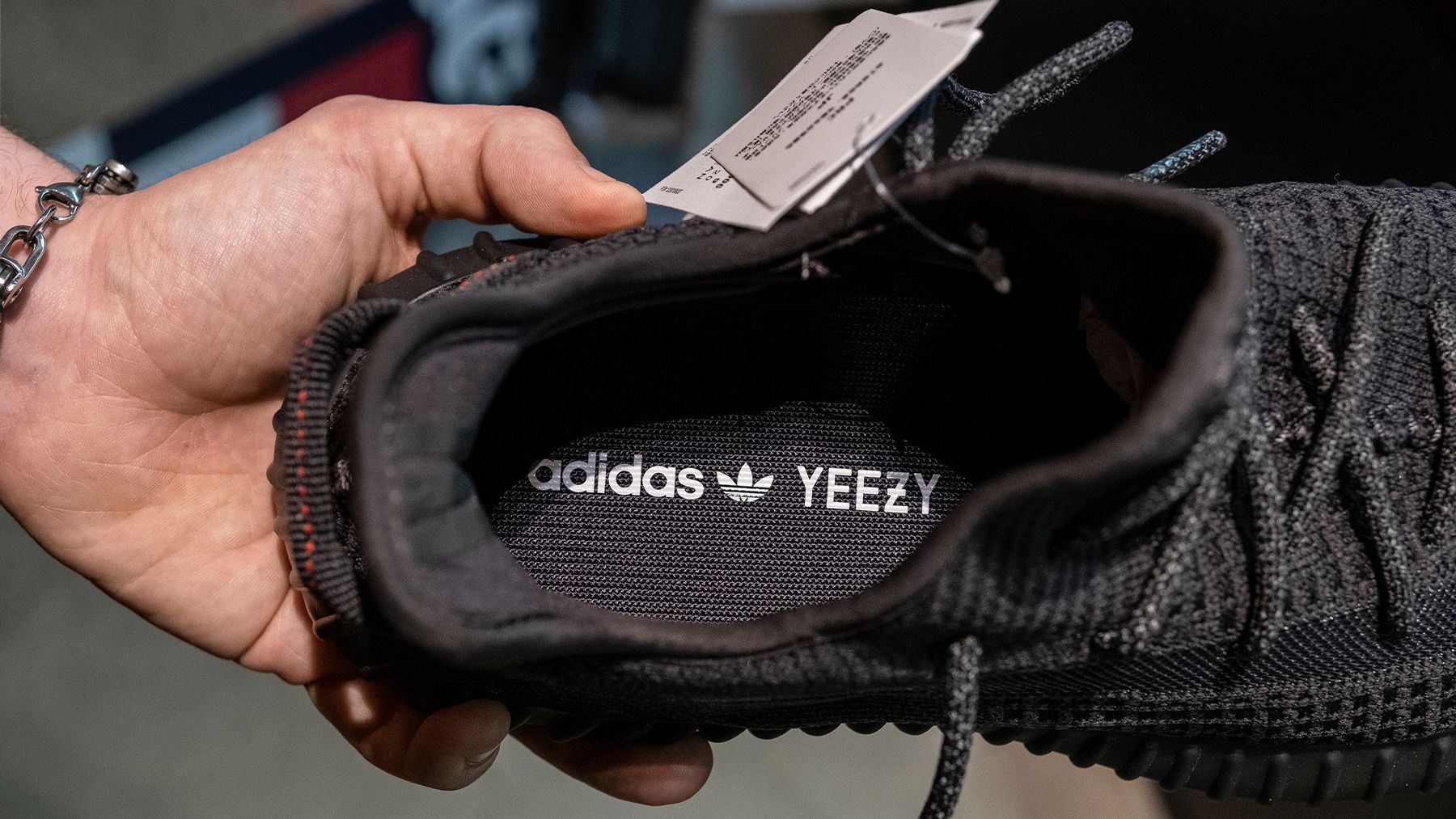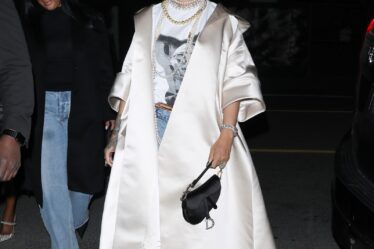
Adidas’ earnings report for 2022 was never going to make for happy reading.
Introducing the brand’s first in-person earnings presentation since the pandemic in Herzogenaurach, Germany this morning, chief financial officer Harm Ohlmeyer made no secret of his desire to put last year behind him. It’s “thankfully” nearly the last time the executive will need to discuss the company’s 2022 performance, he said.
It was the most chaotic period in the German sportswear company’s history: there was the costly breakup with its once-star collaborator Ye, and the subsequent loss of its billion-dollar Yeezy sneaker partnership, as well as bloated inventories, plummeting sales in China and the termination of its Russia business following the invasion of Ukraine.
“Yeezy, China — our single biggest market — and Russia were three major profit pools that we lost last year,” Ohlmeyer said.
Adidas’ net income for 2022 was €254 million ($267 million), less than a quarter of the €1.3 billion the company had initially projected for the year. Inventories increased to €5.9 billion, up 49 percent from the year before, after the Yeezy termination led to a pile up of unsellable sneakers. Supply chain issues, including soaring freight costs and longer than anticipated shipping lead times, added to the pressure.
Revenue grew by six percent year-on-year in 2022 to €22.5 billion, while gross margin fell by 3.4 percentage points.
For 2023, the outlook remains bleak. The brand forecast a €2 billion decline in sales amid an ongoing hangover from the Yeezy breakup. It expects an operating loss of €700 million for the year, as a result of writing off €500 million-worth of Yeezy stock and up to €200 million in one-off costs.
The brand also cut its dividend, announcing shareholders will receive a payout of €0.70 per share, down from €3.30 in 2021.
Adidas stock was down two percent in early trading on Wednesday morning.
Yeezy Dilemma Ongoing
Initially, there was optimism that Adidas could make up for a shortfall in income by selling the Yeezy sneakers — to which it retains full intellectual property and commercial rights — just without the Yeezy branding.
Today, Gulden confirmed to reporters that this is not an option. He said that any decision to sell the remaining stock without Yeezy branding would be “dishonest,” and Ye would be paid for subsequent sales as per the pre-existing royalty agreement. Gulden added that no decision as yet has been made about how to dispose of the inventory, and that seven weeks into his tenure he had not had sufficient time to assess the various options available. He also confirmed that the company will “probably not take profit” from any future sale of Yeezy products.
“2023 will be a transition year to build the base for 2024 and 2025,” said Gulden, who added that the company’s priorities are to reduce inventories and lower discounts, before building a profitable business again in 2024.



